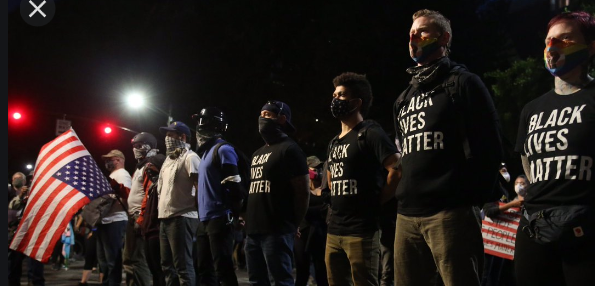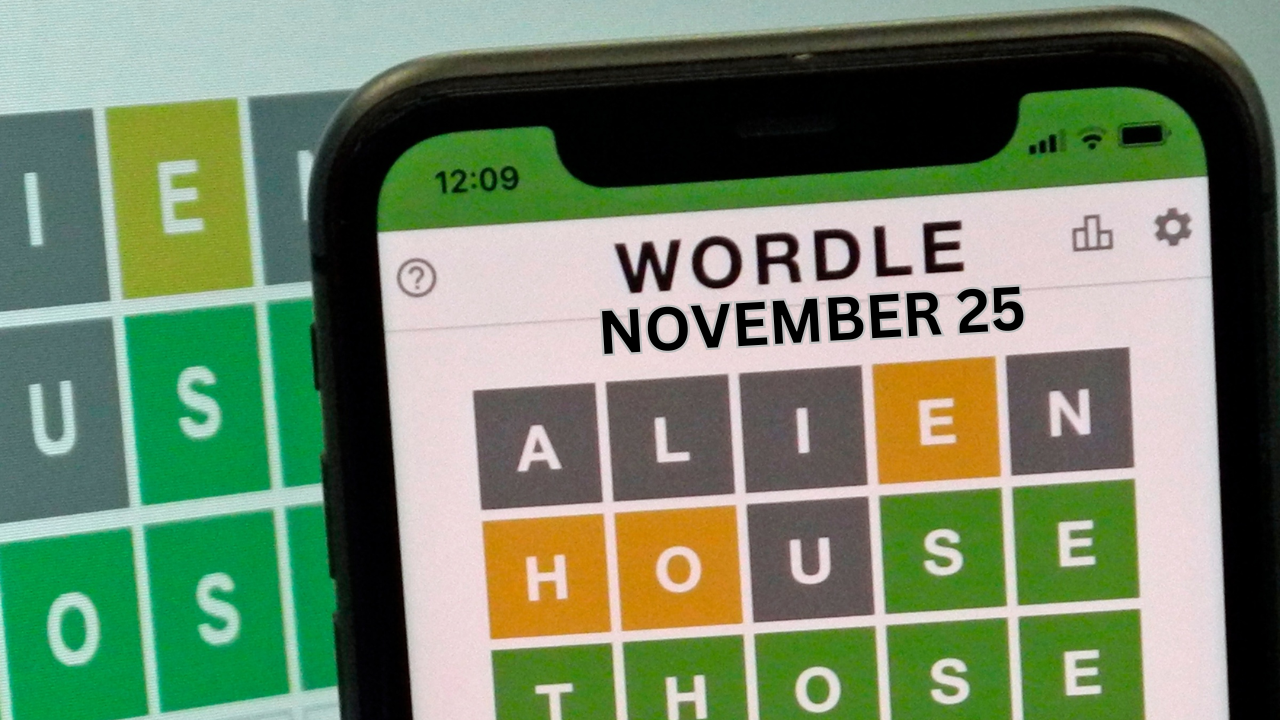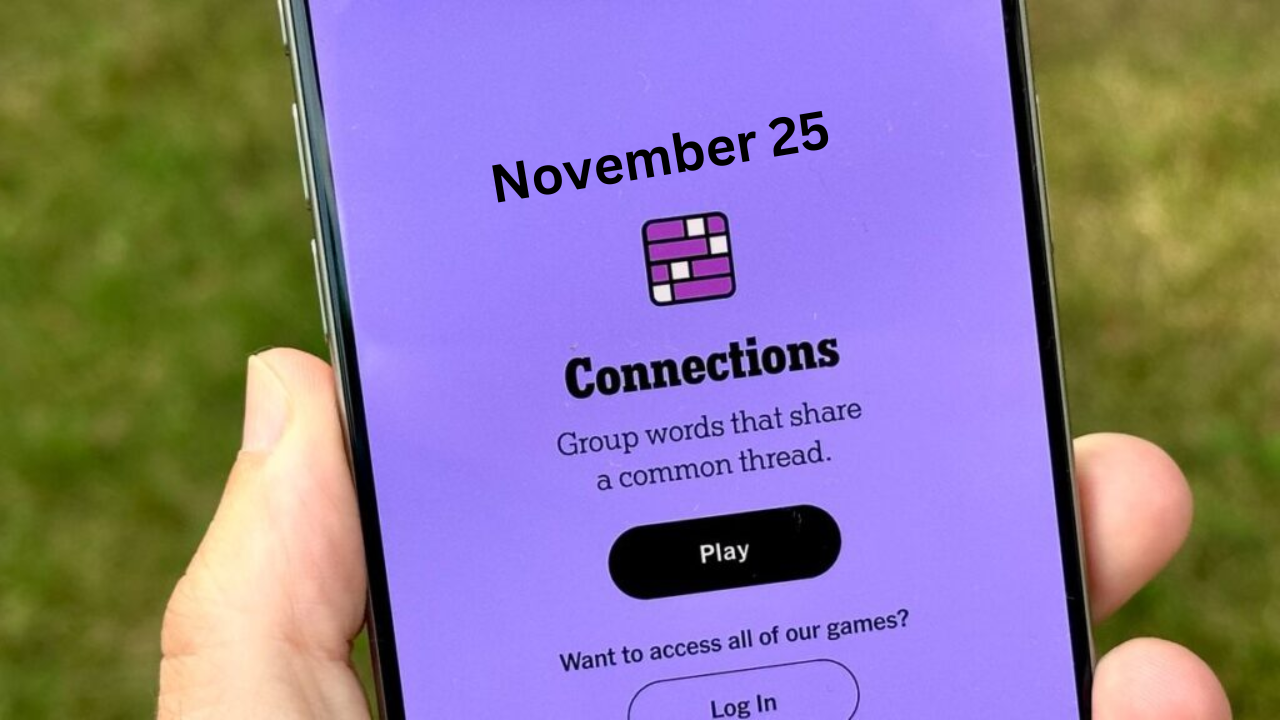[Portland Protests]
The Nation\Klippenstein: “One of the biggest misconceptions about the Portland operation was that DHS took the lead, a former intelligence officer said, explaining that the Justice Department played a major role.”
Photo: Twitter
The public backlash to Department of Homeland Security (DHS) involvement in the Portland protests this summer was ferocious, spurring Congress to demand that they disclose information about the operation.
But a new report by DC correspondent Ken Klippenstein (@kenklippenstein) finds “DHS never came clean to the public about the full extent of its intelligence operations in Portland, which consisted of clandestine operations including interceptions of protesters’ phone calls conducted by a task force that included federal agencies beyond DHS, according to two former intelligence officers familiar with the matter.”
Clandestine methods tend to only be used for the most sensitive operations, more commonly overseas than domestically.
Klippenstein finds:
- According to one former intelligence officer, multiple federal agencies, from DHS to the FBI, asked if any intelligence officials would volunteer to be deployed to Portland; when DHS I&A sought volunteers to deploy to Portland during an all-hands call, it was not met with enthusiasm. “They asked for volunteers and nobody wanted to go,” the former intelligence officer said. “The fact that they asked for volunteers shows that it was outside the scope of their duties… you only do that if you don’t have the ability to order someone to go, probably because it’s illegal.”
- A current FBI official described a similar call for volunteers to respond to civil unrest this summer, agreeing that it was extremely unusual. “This is the first time I’ve seen volunteer requests for…another field office,” the source said.
- A current DHS official described a colleague with expertise in electronic surveillance being deployed to Portland. But for what purpose? “Extracting information from protester’s phones,” the DHS official said.
- One of the biggest misconceptions about the Portland operation was that DHS took the lead, a former intelligence officer said, explaining that the Justice Department played a major role. While he didn’t dispute that Murphy oversaw DHS I&A’s segment of the task force, he said the Justice Department—especially the Marshals but also the FBI—played a far more significant role.
- While in Portland, an interagency task force involving DHS and the Justice Department used a sophisticated cell phone cloning attack—the details of which remain classified—to intercept protesters’ phone communications, according to two former intelligence officers familiar with the matter. Cell phone cloning involves stealing a phone’s unique identifiers and copying them to another device in order to intercept the communications received by the original device.
- The former intelligence officials described it as part of a “Low Level Voice Intercept” operation, declining to go into further detail—one of them citing the sensitive nature of the surveillance tool and the other an ongoing leak investigation within I&A.
- “You’re getting an inside view into your targets, who they are, who they’re talking to—the hierarchy,” the former intelligence officer said, explaining that many within DHS believe that antifa is an organized group—as opposed to the largely spontaneous, decentralized ideological tendency that most experts, including Trump’s own FBI director, believe it is.
- DHS intelligence has even found some limited evidence, which the former intelligence officer considered thin, of foreign sponsorship. Attorney General William Barr, however, recently claimed that antifa is receiving foreign sponsorship—a necessary criterion to formally designating it a terror organization, which President Trump vowed to do in July.
- While it wasn’t clear which individuals had specifically been targeted in Portland, both former intelligence officers agreed that it had violated protocol. “They were abusing people’s rights,” one said.
- In addition to signals intelligence collection, the Portland operation involved clandestine aspects, according to the former intelligence officer. This appears consistent with a tip Klippenstein received this summer.
ABOUT: Ken Klippenstein is The Nation’s DC correspondent. His reporting focuses on the machinations of the American national security state and documents under-the-radar politics and policies enacted by the Trump administration. Klippenstein was previously senior investigative reporter for The Young Turks and a frequent contributor to The Daily Beast. His reporting has been referenced by countless outlets and cited by Congress—including, in one instance, to grill FBI Director Christopher Wray.
Founded by abolitionists in 1865, The Nation has chronicled the breadth and depth of political and cultural life from the debut of the telegraph to the rise of Twitter, serving as a critical, independent, and progressive voice in American journalism.








